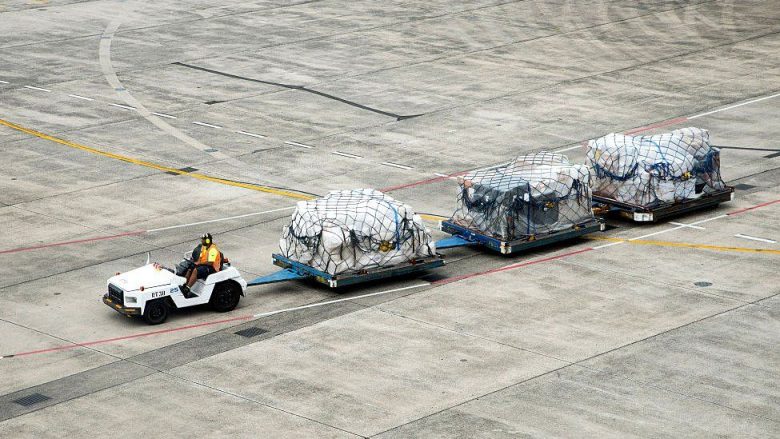06.07.2021 – 10:46
“Airlines are not usually very good at information technology,” said Pascal Buchner, chief information officer for the International Air Transport Association (IATA), the world’s leading airline trade association.
And anyone who has lost his luggage, or his flight has been delayed, will probably agree, says a BBC article, reports Telegrafi.
But airlines are “betting” that they can improve the situation by making large investments in technology.
“We now know that data is the main source of performance for airlines,” says Buchner.
From predictive maintenance, baggage handling and cargo tracking to staff management and “customer loyalty” programs, data – and how all this information is analyzed – has quickly become one of the most important factors in determining how an airline operates successfully.
“During a single trip, a passenger can interact with up to 10 different entities – from airlines, government, handlers to at least two airports – all of which require the secure exchange of baggage data, flights and travel documents, ”says Jacques Demael, senior vice president of strategy and business support at SITA, a Geneva-based global aviation IT firm.
And according to Demael, the amount of data shared across the industry has “exploded” in recent years.
While travelers may not be aware of this, a smooth ride depends largely on data, from sharing travel documentation to monitoring baggage flow between airports.
“The ability to track your bag through the many steps of travel and share that information significantly reduces the likelihood that your bag will not be handled properly,” says Mr Demael, explaining that the use of baggage tracking data leads the way. airlines at improvement levels of up to 66%.
“These improvements have resulted in declining levels of baggage misuse globally over the last decade.”
But despite the improvements, there is still work to be done.
A 2020 report by SITA found that in 2019, 25.4 million pieces of luggage were badly handled across the globe, costing the airline industry nearly $ 2.5 billion.




